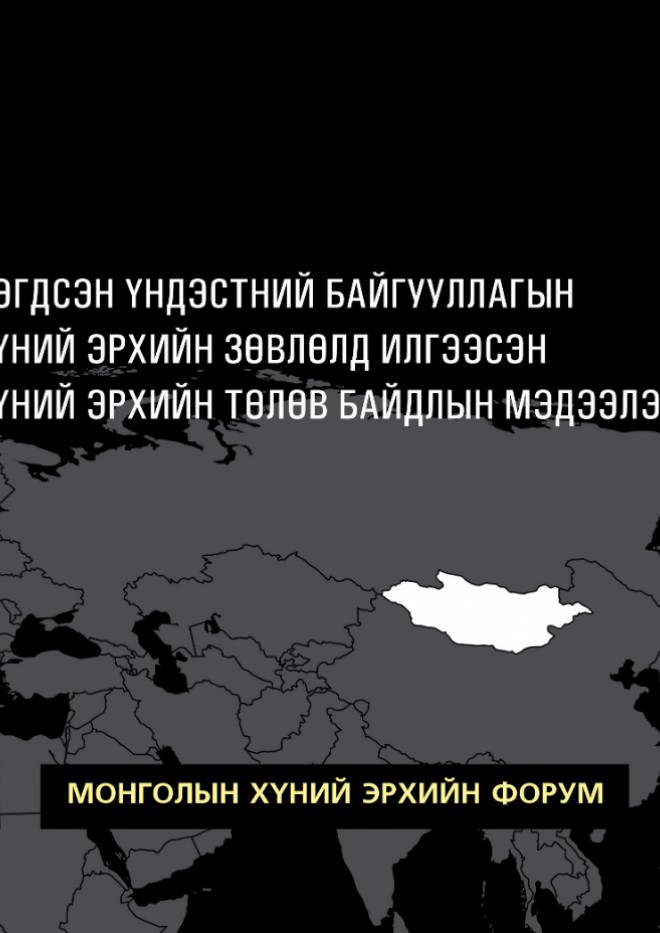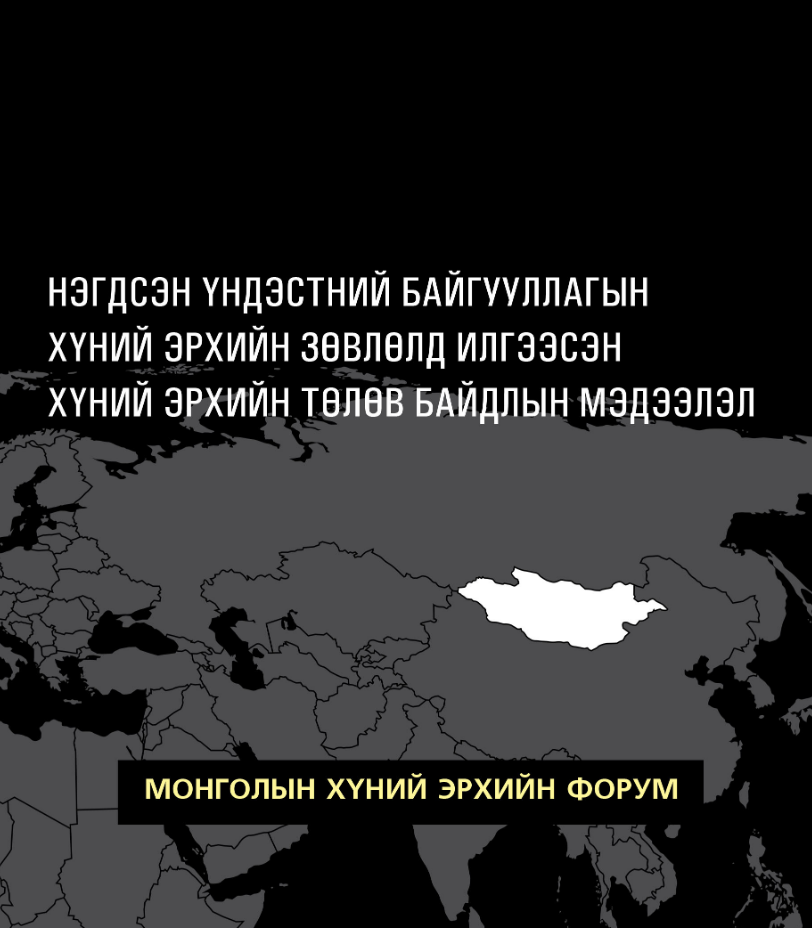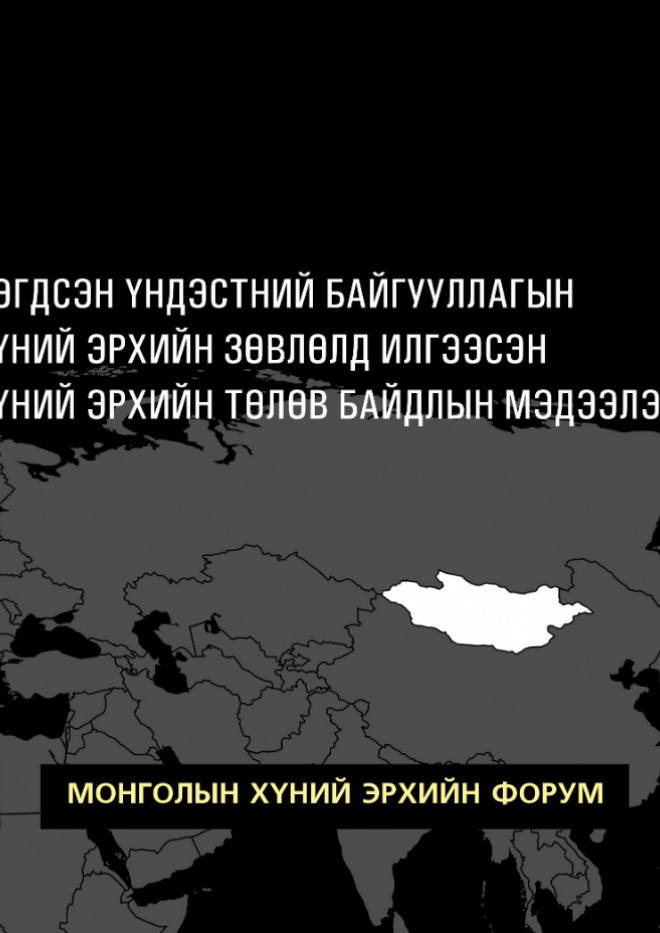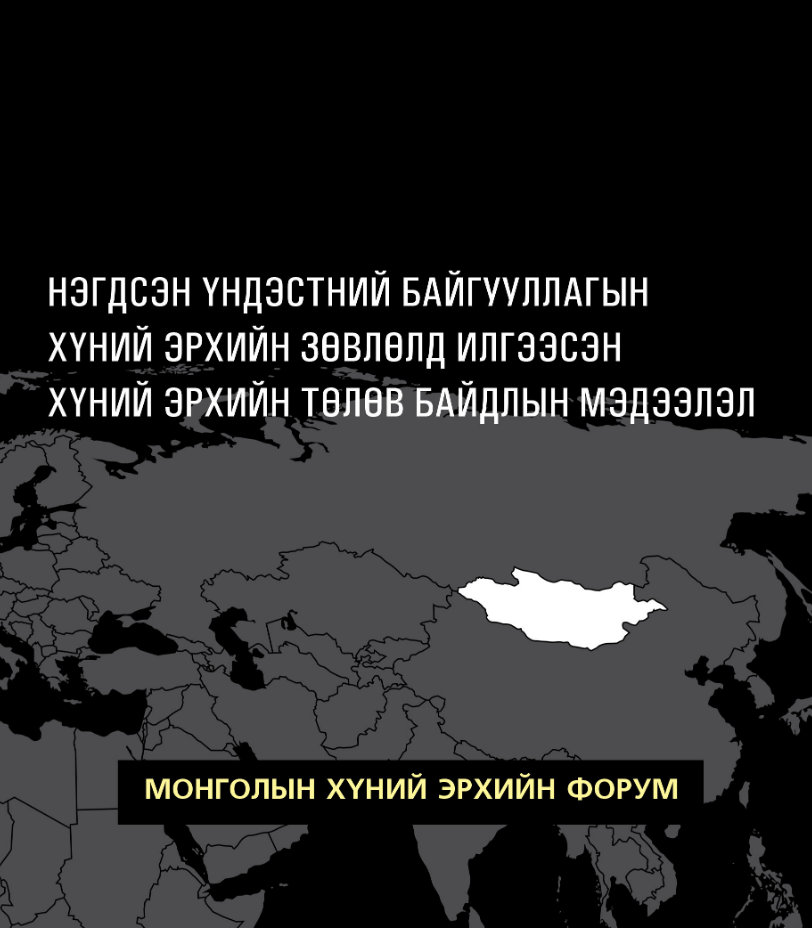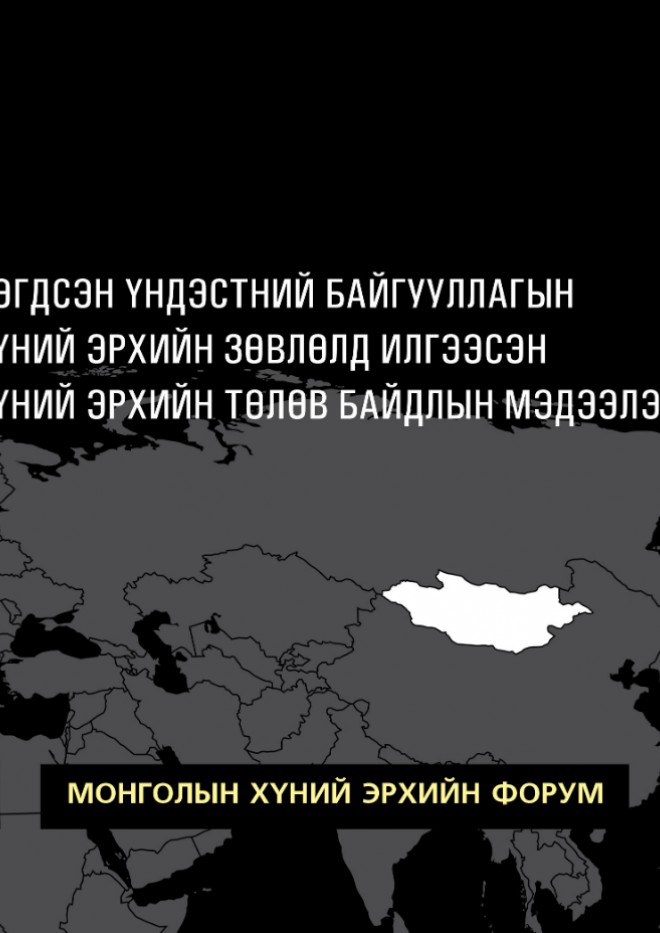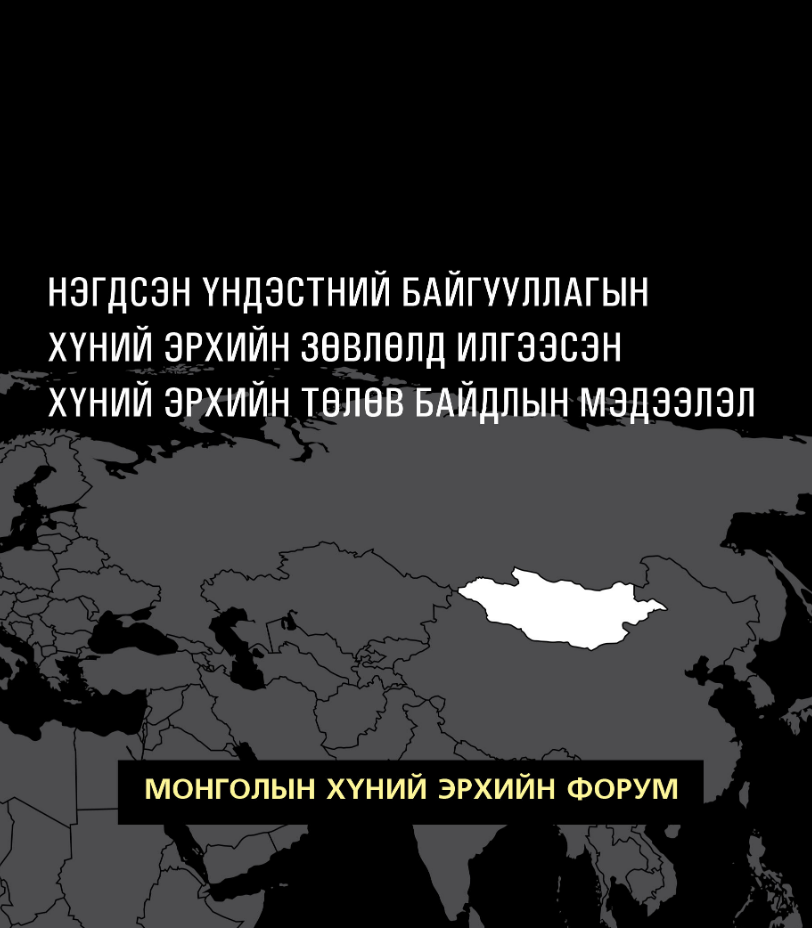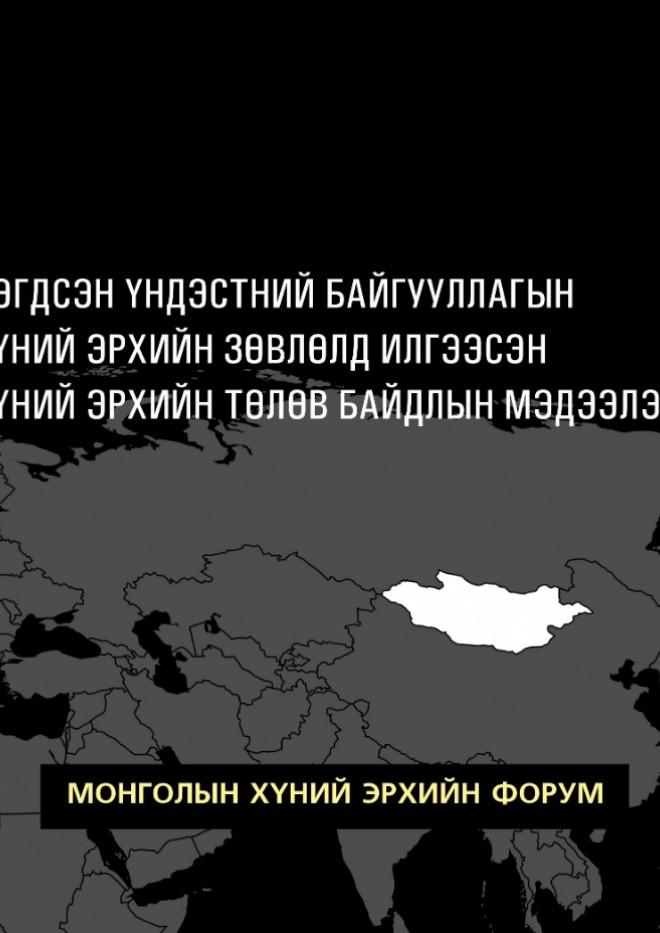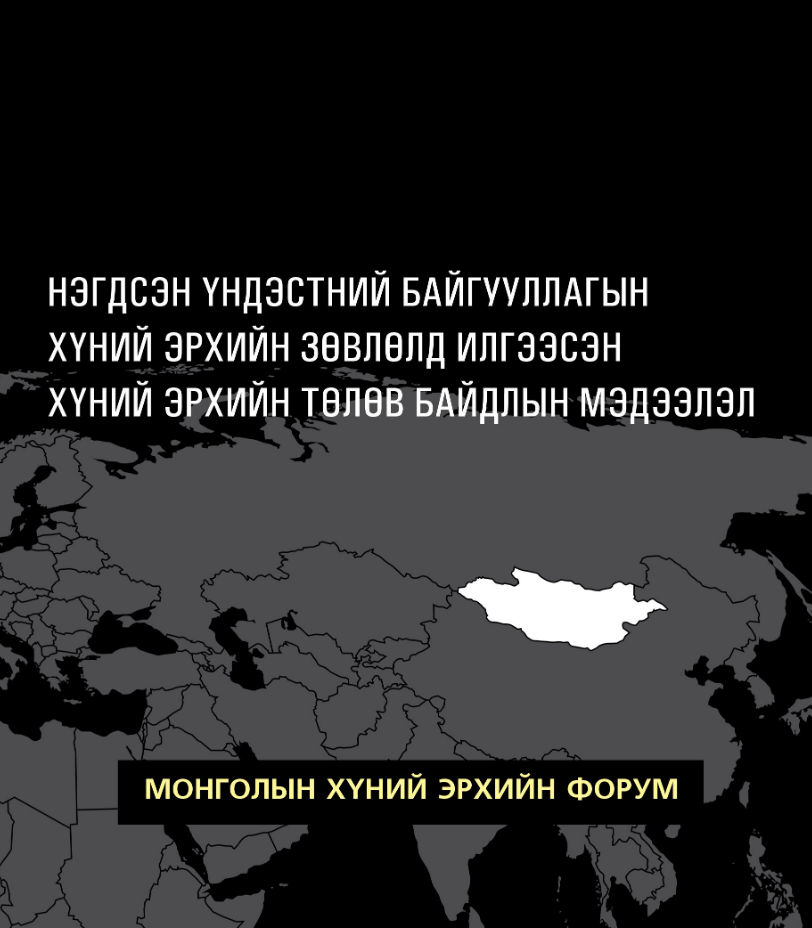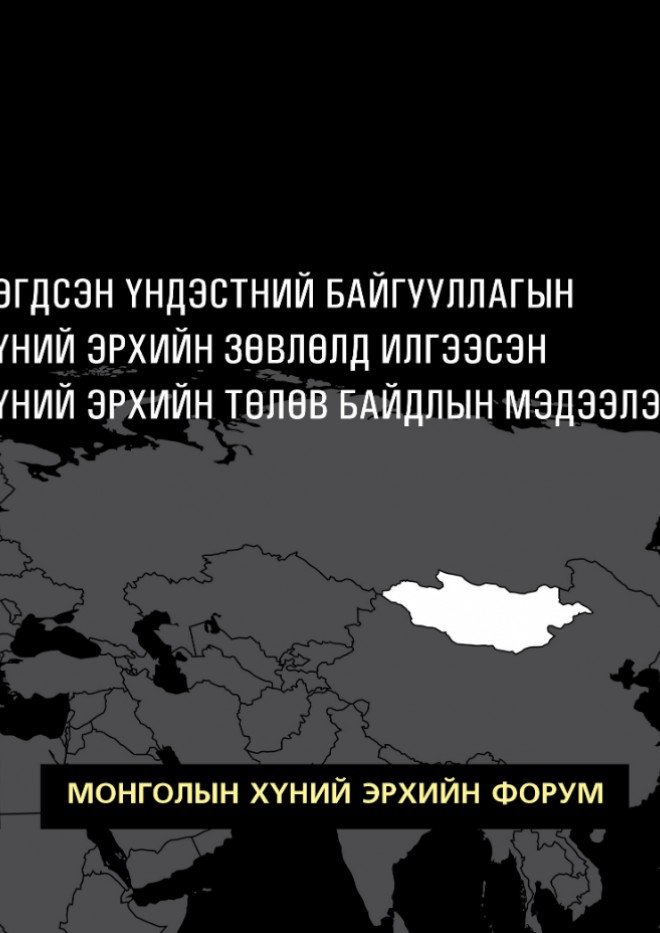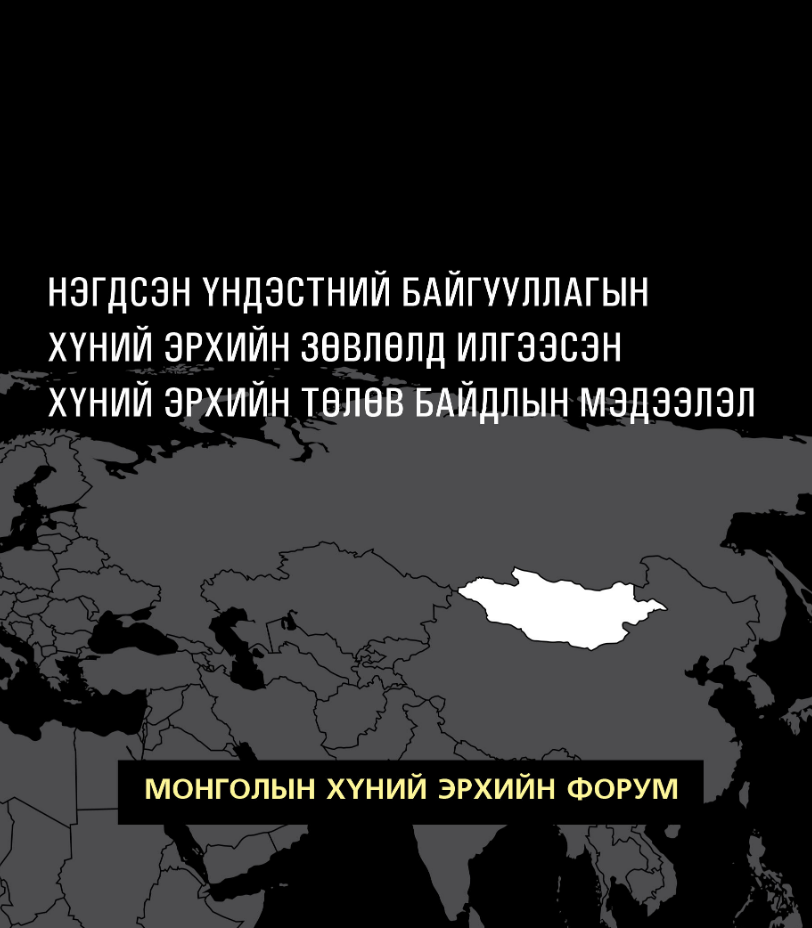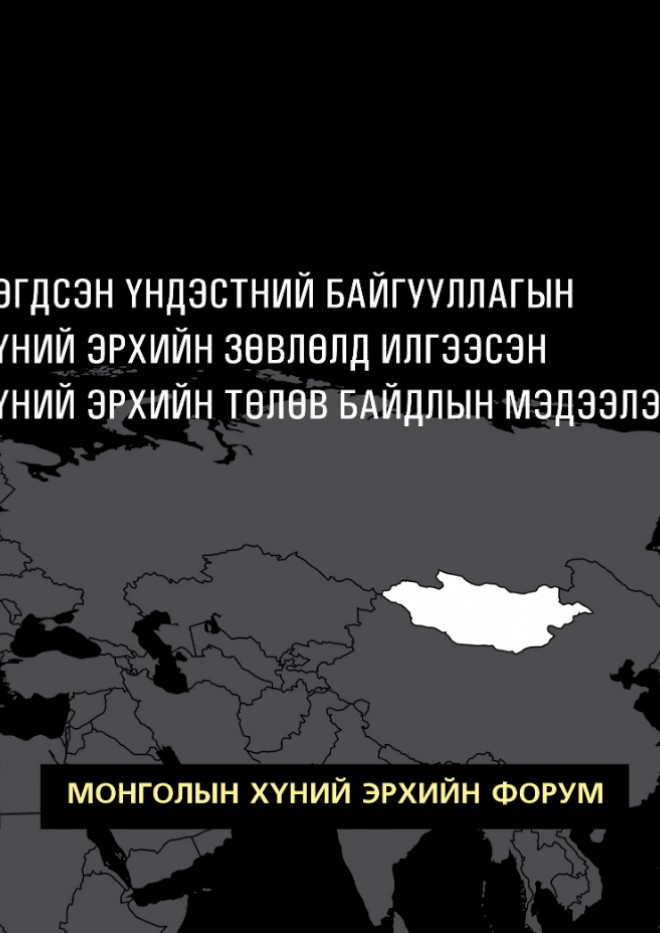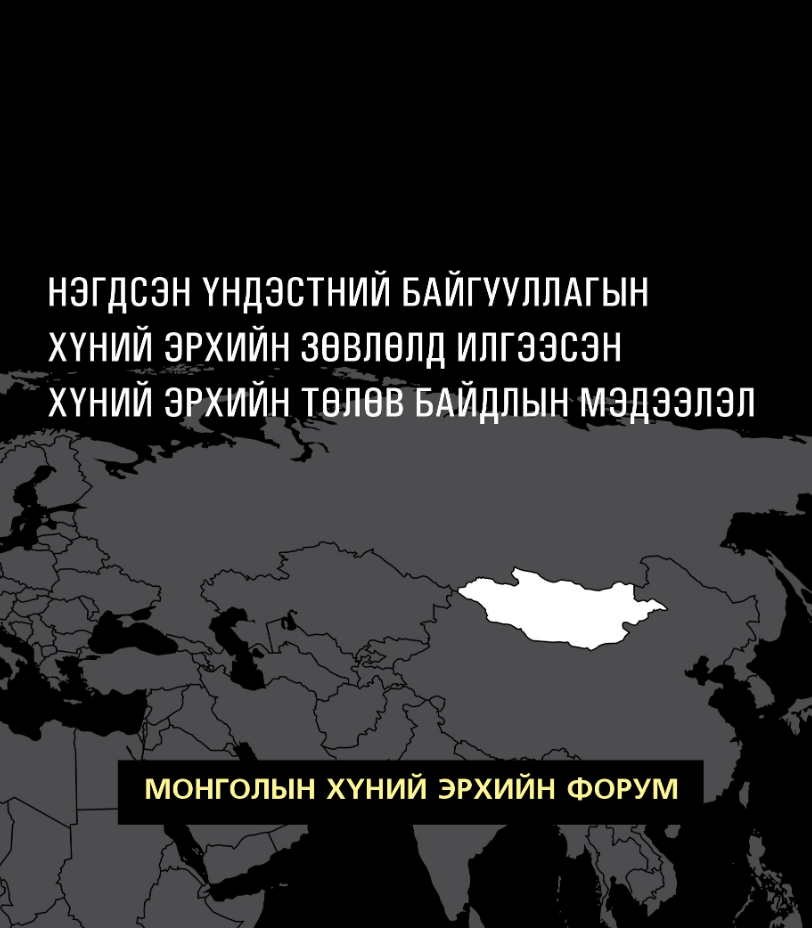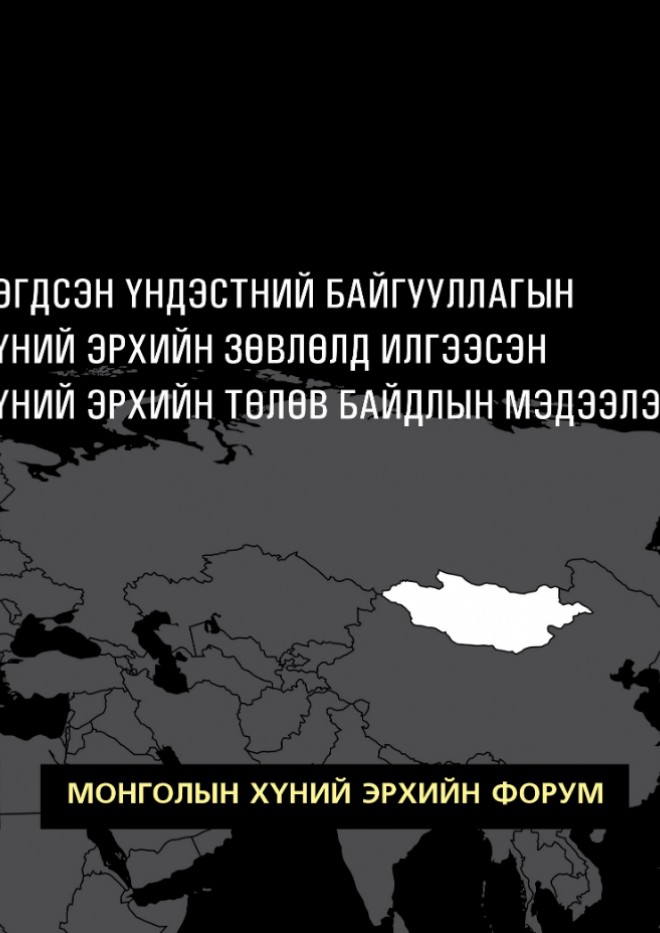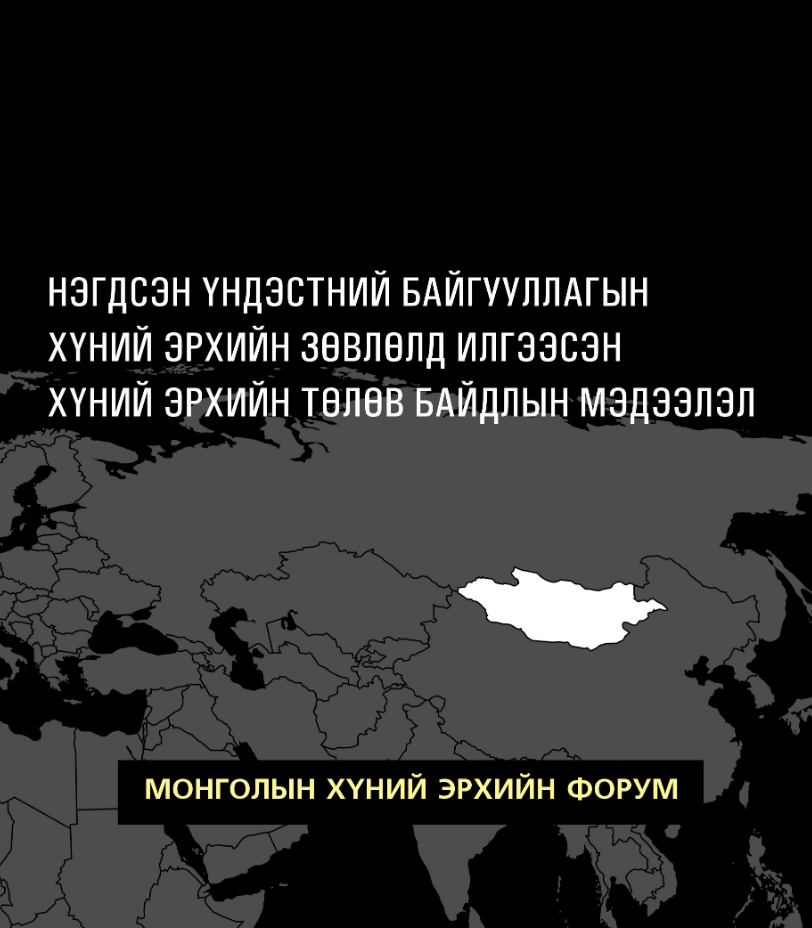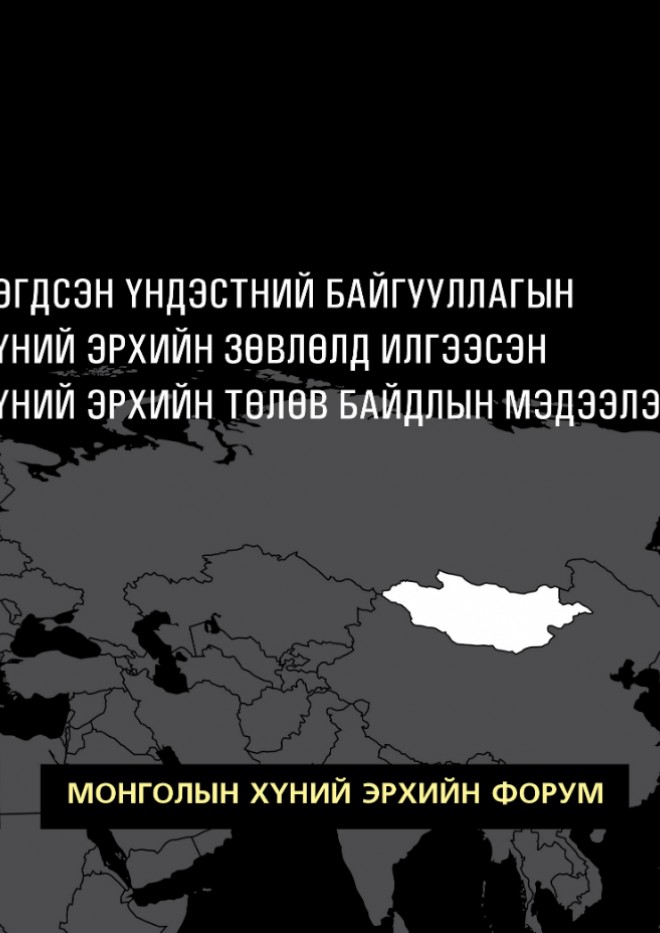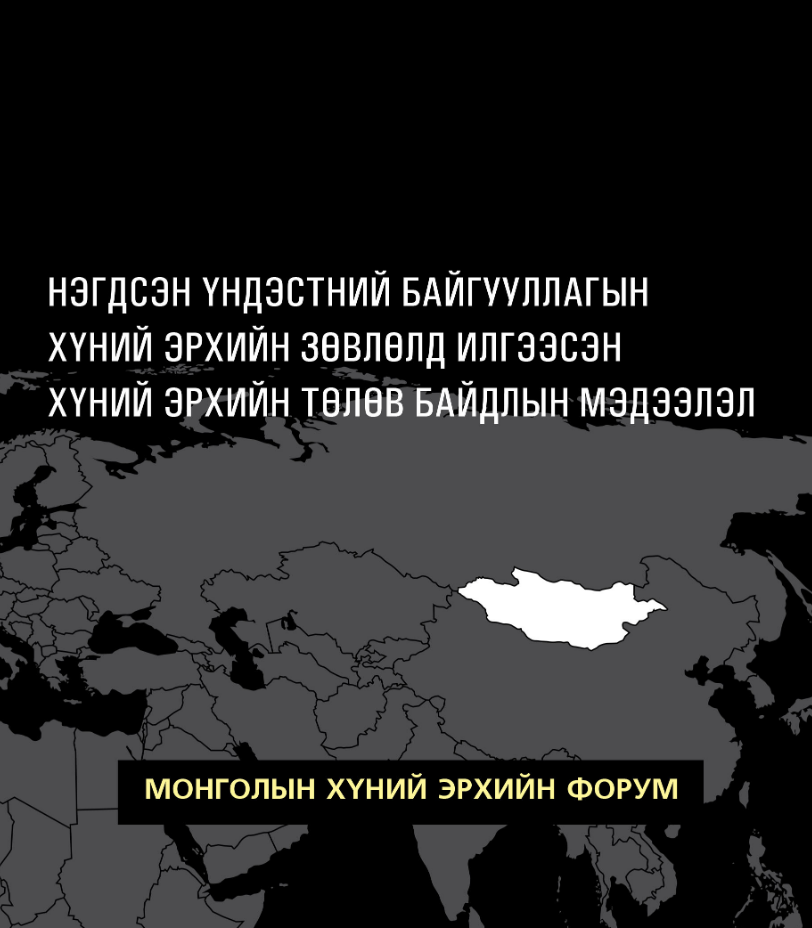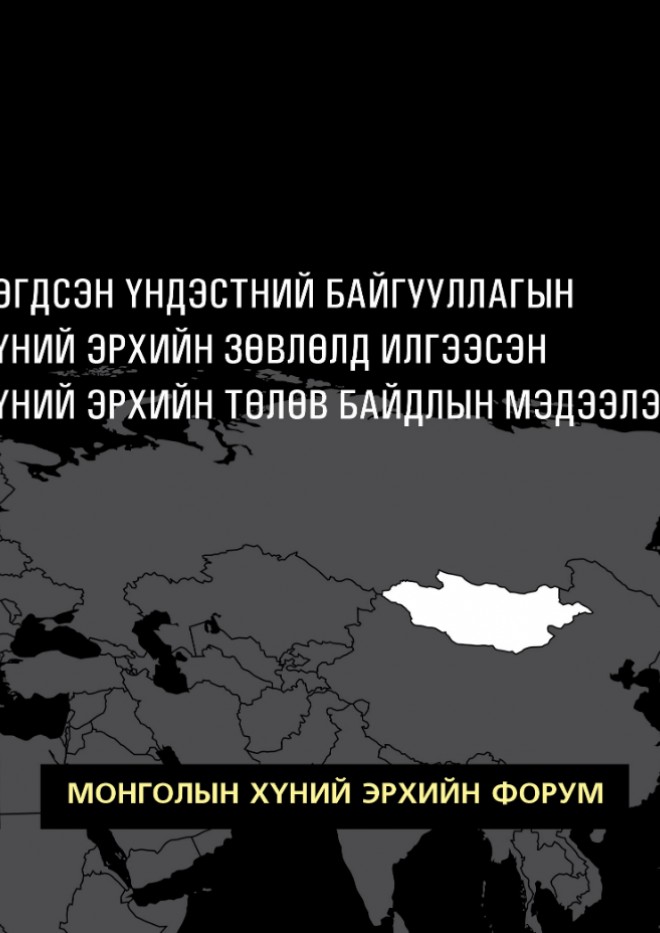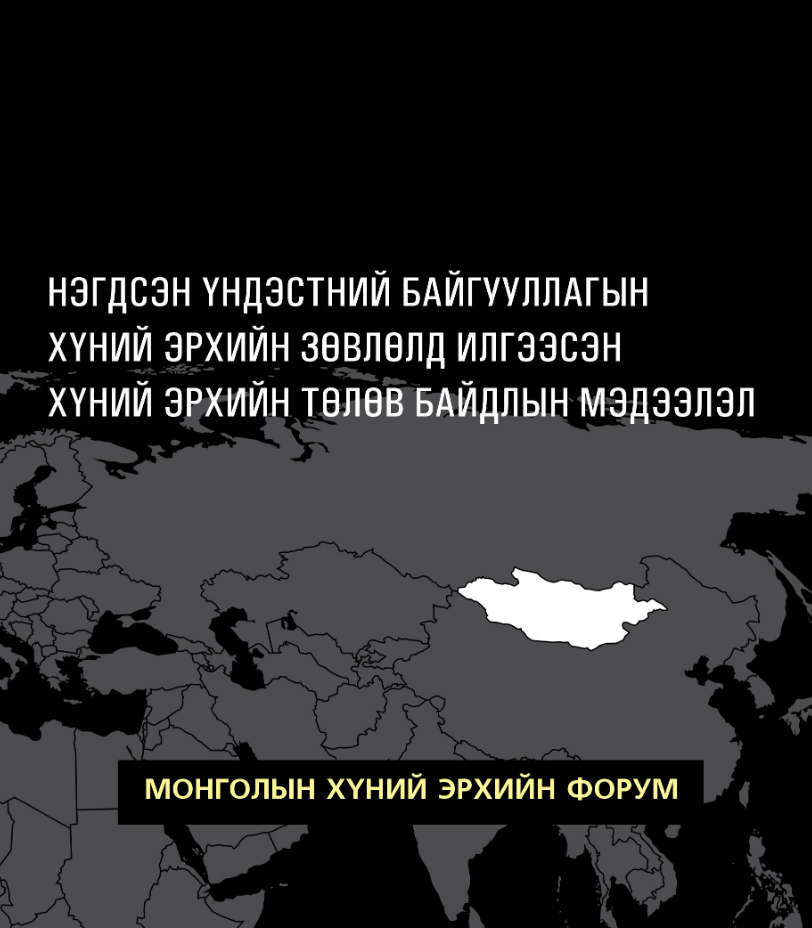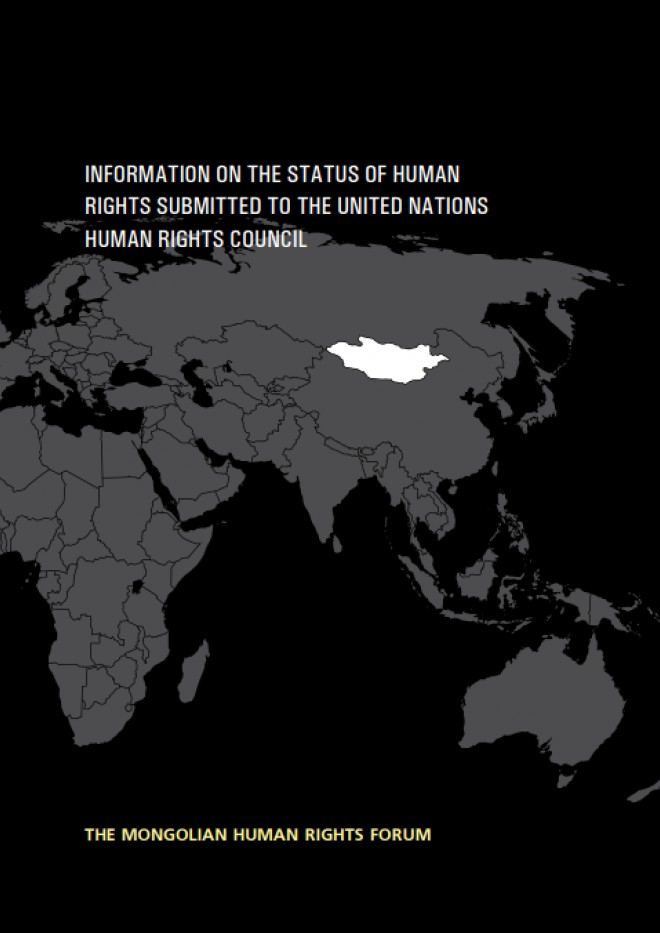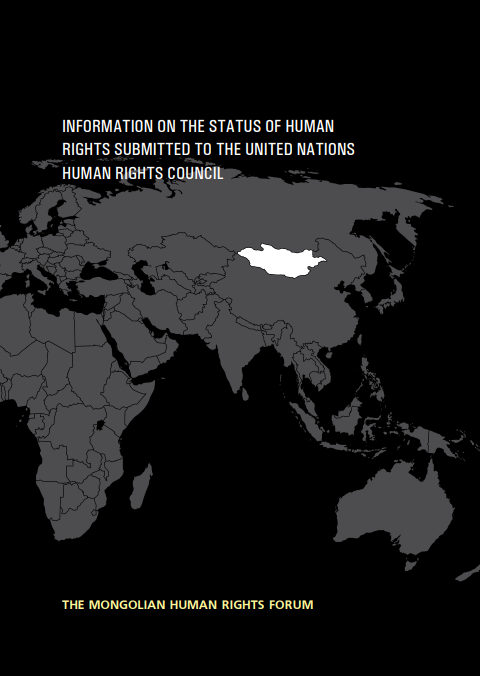Effectiveness of official development assistance on rural development
The ODA Mongolia received between 1991-2002 has greatly contributed to the country's effort to overcome the socioeconomic transition and crisis situation of early 1990s. Mongolia made its transition with less troubles than it might have had, and laid a sound foundation for a market economy. For instance, a shortage of consumer products, including food and power supply, and severe balance of payment problems caused by the breakdown of former system were covered by the ODA, which created an opportunity to pass through this period of widespread socioeconomic problems in a relatively short period of time. In addition, ODA greatly contributed in laying basic foundations and implementing transition to a market economy properly. In early years ODA took a form of emergency aid, and then later (from 1994 when the crisis situation gave signs of ending and the economy started to grow) it was used for physical infrastructure (energy, road and transportation and financial sectors) with to the intent of stabilizing the economy and laying foundations of market economy. Thanks to continuous efforts of Mongolian Government and with the needed infusion of ODA, the economy gradually grew, inflation was reduced from a triple digit rate to a single digit rate and private sector-based economic foundation was laid down. For the last three years of transition, the government prioritised development of market system, poverty reduction, capacity building and strenthening of the public services.
.



